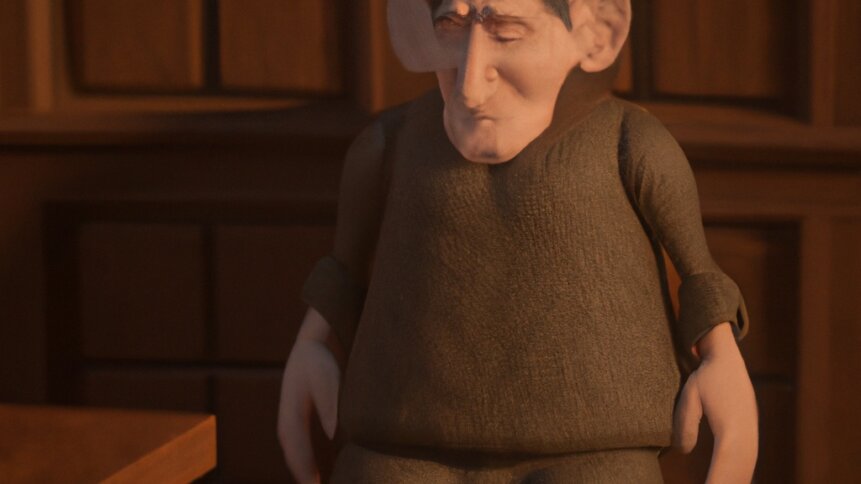Mycroft voice assistant falls foul of patent trolls

|
Getting your Trinity Audio player ready...
|
Patent trolling’s latest victim is Mycroft AI, as it announces that without immediate investment it will have to cease development of its Mark II model of its voice assistant by the end of the month. As it stands, it won’t be able to fulfill all pre-orders of the Mark II from its kickstart campaign.
Micahel Lewis, CEO of Mycroft AI, said that the company “will still be shipping all orders that are made through the Mycroft website, because these sales directly cover the costs of producing and shipping the products.” Employee count at the company is already at “bare-bones” level, as the startup has been forced into layoffs.
So, what went wrong? Lewis concedes that the startup did have difficulties, such as a struggle to find hardware partners, However, what truly killed the product and the company was the expense of an ongoing litigation. The company was sued by patent troll Voice Tech Corporation, which has since dropped the litigation — after draining Mycroft AI of funds.
What is patent trolling?
Patent trolling, or patent hoarding, is a derogatory term for companies that use patent infringement claims for profit or to stifle competition. Worse, patent trolls are non-practising entities (NPEs) — often they do not develop or sell any product that utilizes the contents of the patent they hold.
Often cited as an early example is George Selden, who never built any cars but used his patent to collect royalties from automobile manufacturers. The case of Mycroft AI points to a trend of patent trolling against smaller, often non-profit, organizations. Comments on the Mark II Kickstarter mourn the death of hardware crowdsourcing, and more widely, the end of a journey towards an open-source artificial intelligence in user-controlled voice assistants.
In 2019, in one of the more recent examples of open-source projects being targeted, Rothschild Patent Imaging (RPI) sued the GNOME foundation for violating its “wireless image distribution system and method patent (US patent No. 9,936,086).” In the six years preceding that case, RPI — an NPE — had filed 714 lawsuits. The legal battle was discontinued, partially thanks to the help of Unified Patents.
Can it be stopped?
Unified is a consortium that provides services to aid companies globally that face litigations pertaining to Standards Essential Patents, or by NPEs. Of the 2019 case, the company’s CEO Keith Bergelt said, “Rothschild is a bad company. This is an entity that’s antithetical to the goals of innovation. It will sue foundations. It will sue not for profits. It will sue individuals. It will sue corporations. Their playbook is to establish a pattern of wins through relatively modest settlements, which can get other businesses to pay up without a fight.”
READ NEXT

Is Open Source Dying Out?
Even Microsoft has joined the fight, because – according to VP and Deputy General Counsel Burton Davis – “Microsoft is committed to open source, and continues to invest and collaborate across the broad open-source landscape. As a beneficiary and active participant in the open-source ecosystem, Microsoft is committed to doing its part, together with the broader open-source community, to protect this valuable resource from patent risk and other challenges.”
By 2021, troll litigations towards open-source programs reached an all-time high of 721 cases, an increase of 22% compared to 2020. According to Unified, 80% of patent threats come from trolls. Corporate greed is stifling community based, open-source developments — the manner of technological progress that brought us the internet on which patent trolls ply their wares!
Another case of unsuccessful patent trolling that Unified helped to prevent is Redis, an open-source project familiar to many and certainly used by billions every day. Unified Patents’ successes — of 43 challenges, 12 patents were found invalid, another 23 were instituted and six remain ongoing — indicate that trolls are being driven back, away from open-source software and hopefully software altogether.
Unfortunately any tidal shift comes too late for Mycroft and its voice assistant program which seems to be falling victim to cynical business practices.








